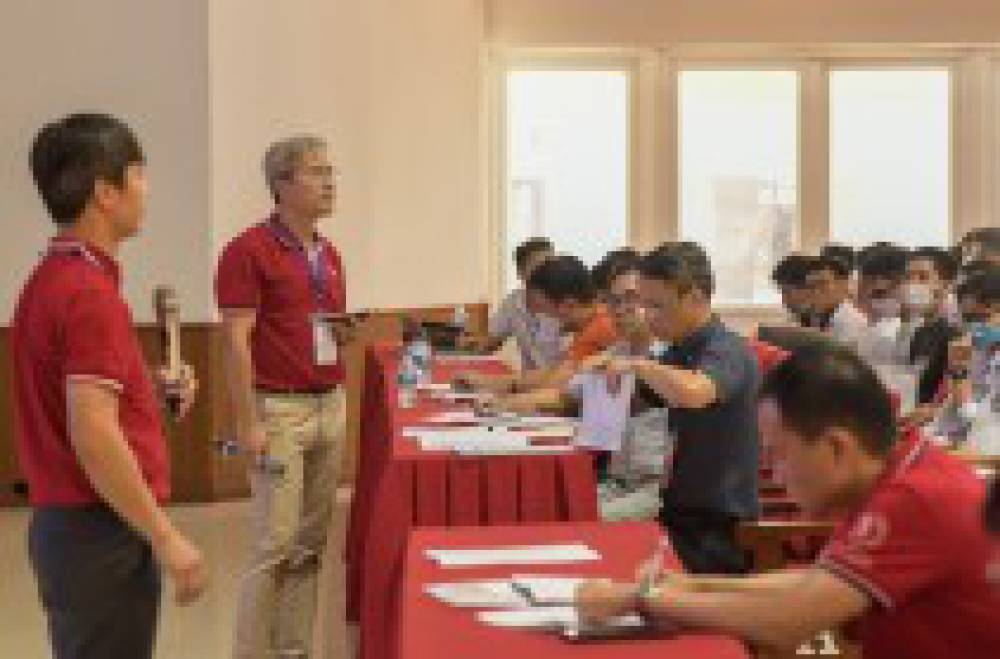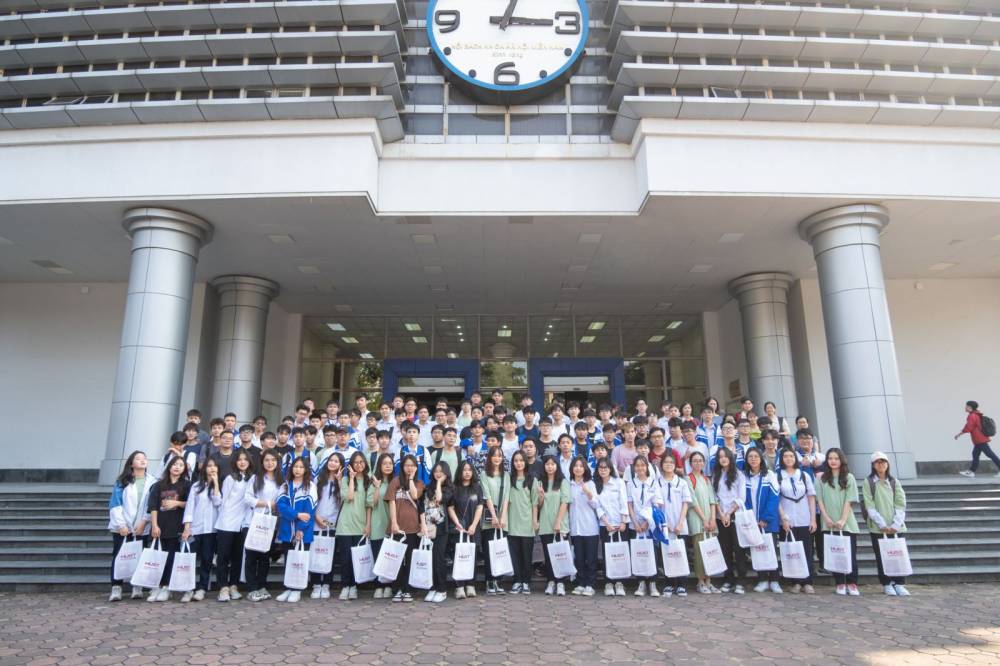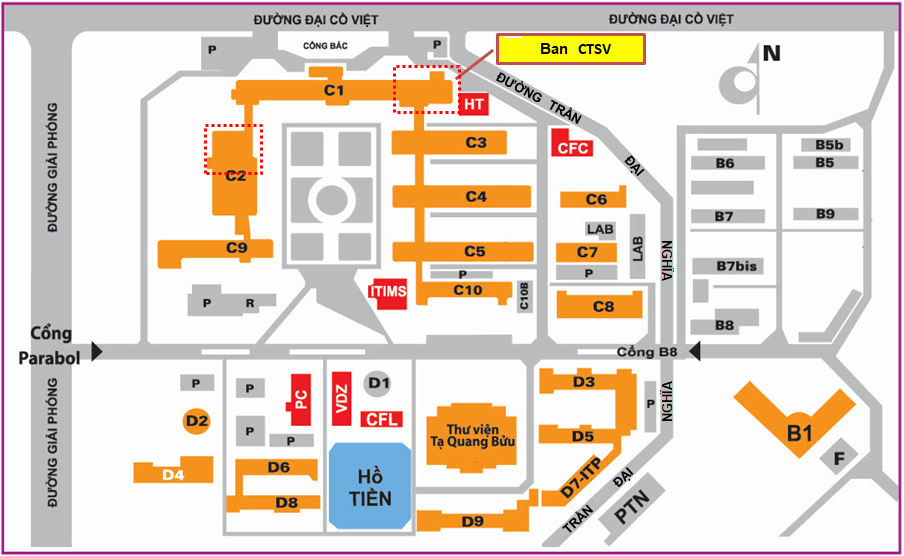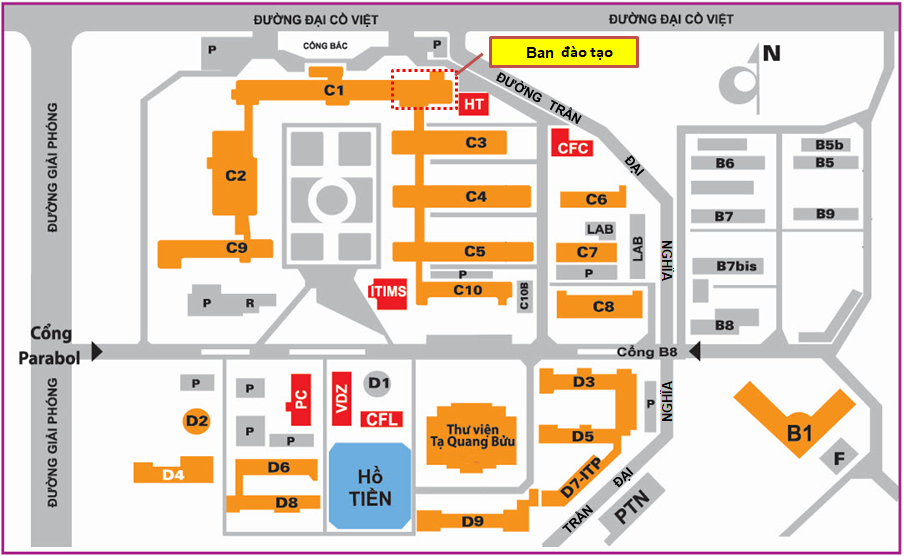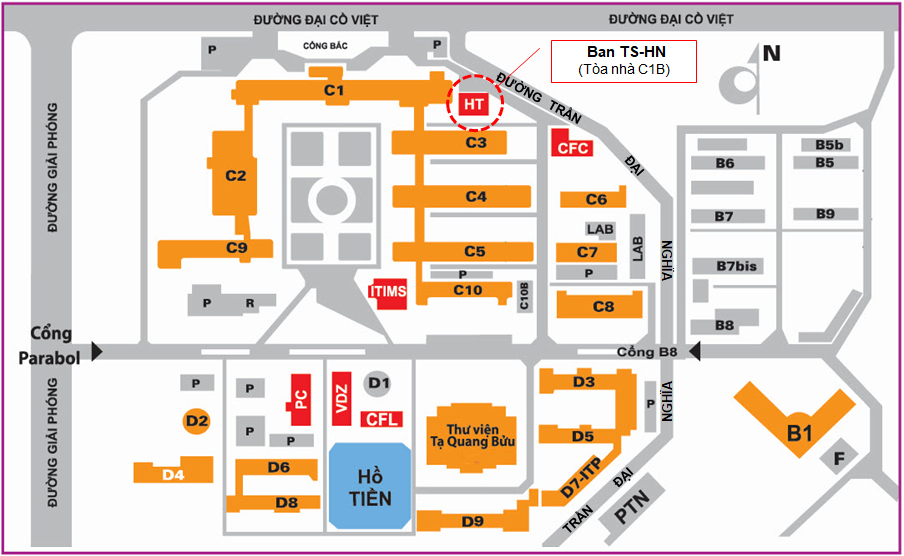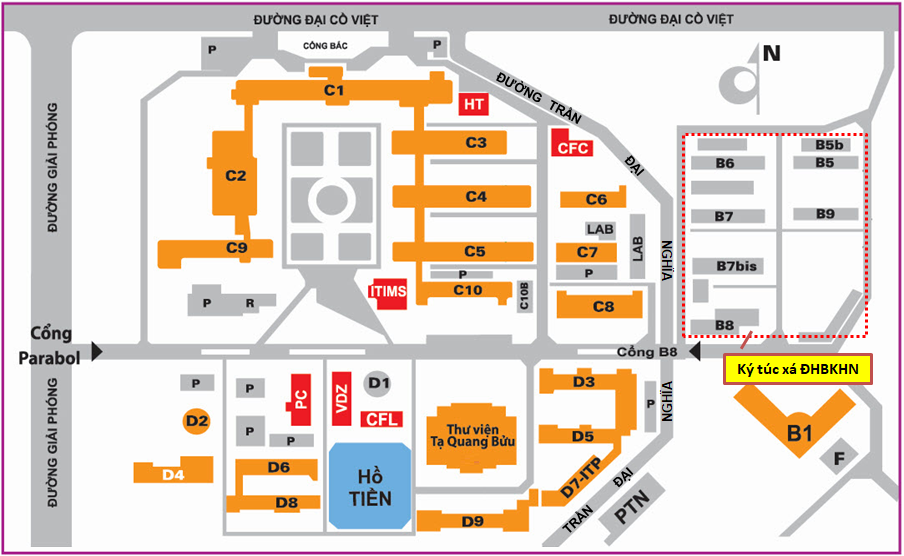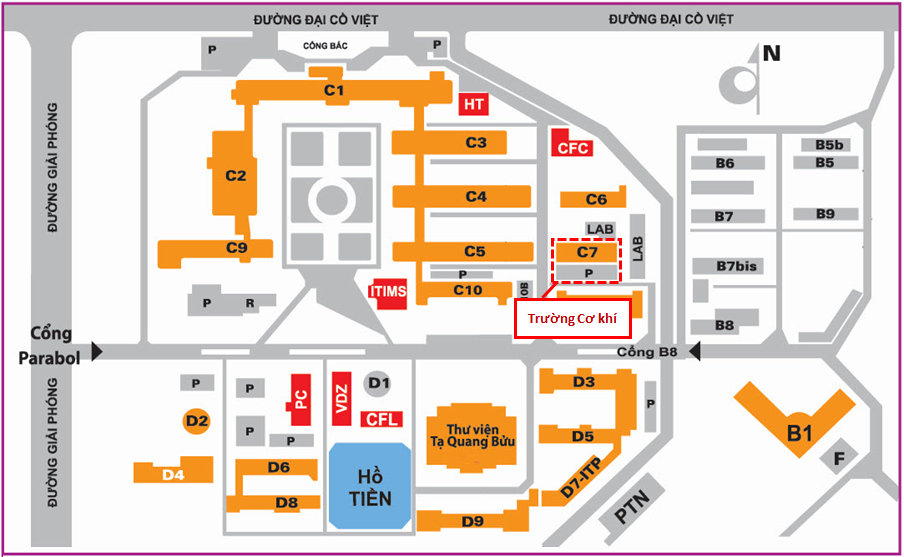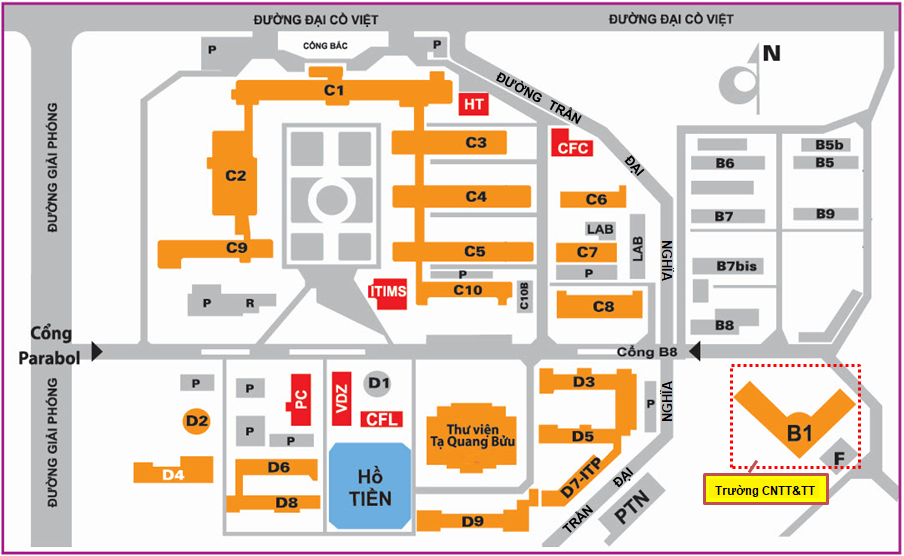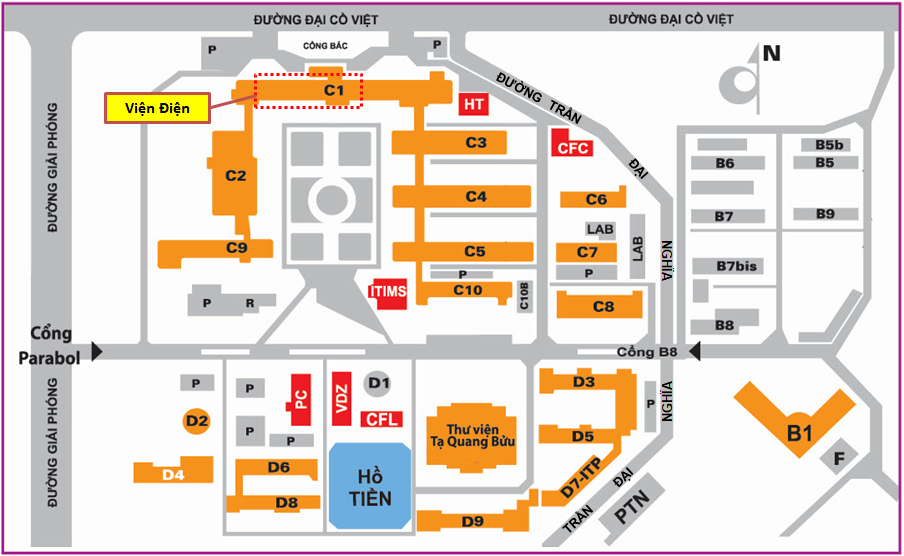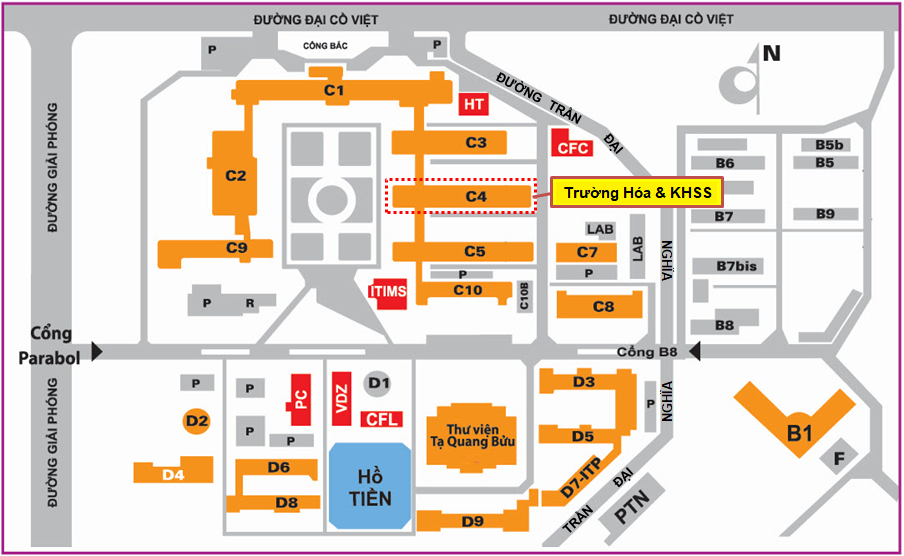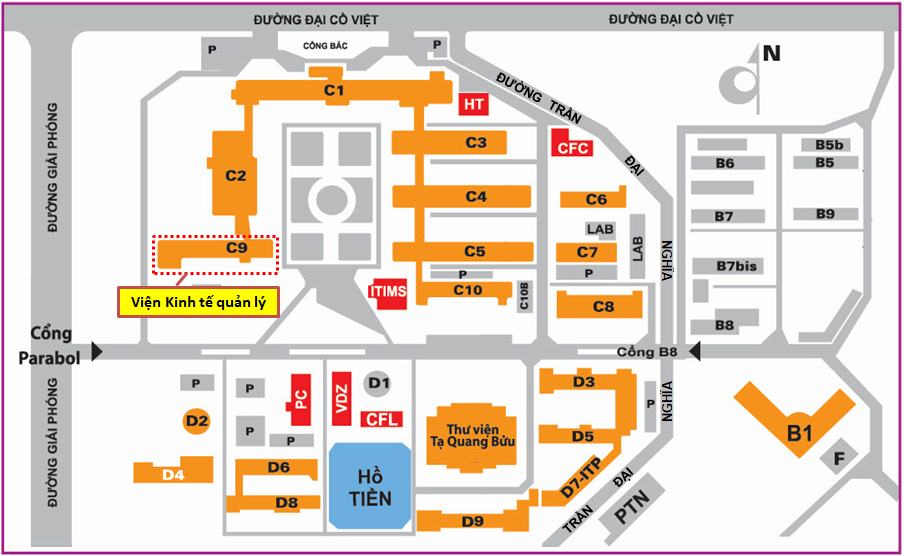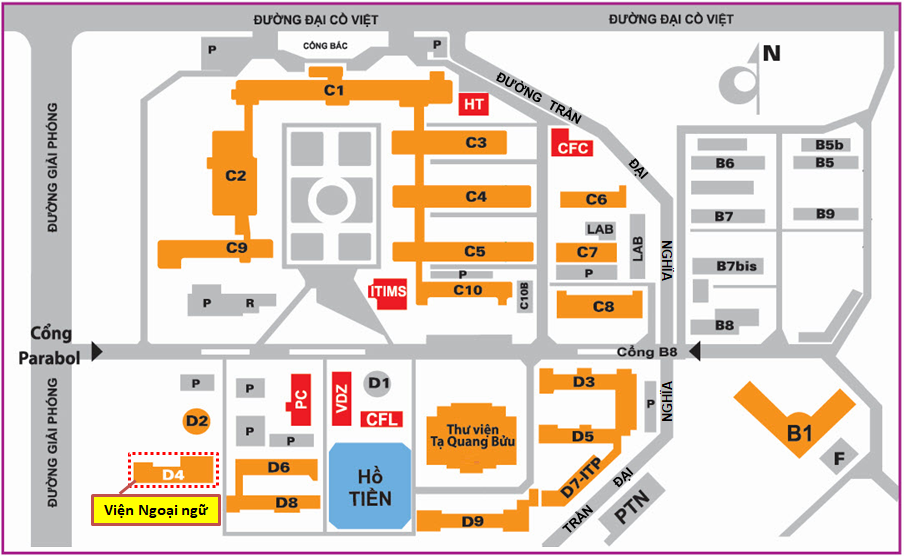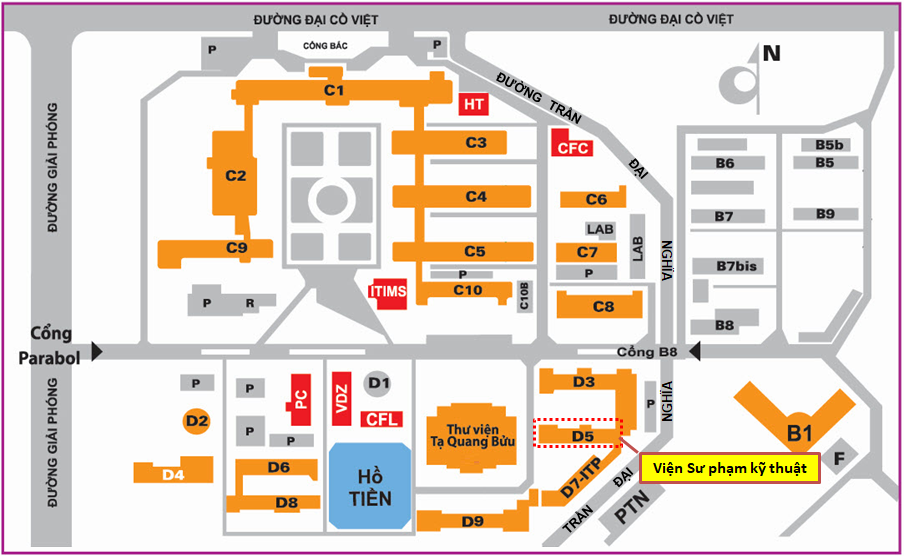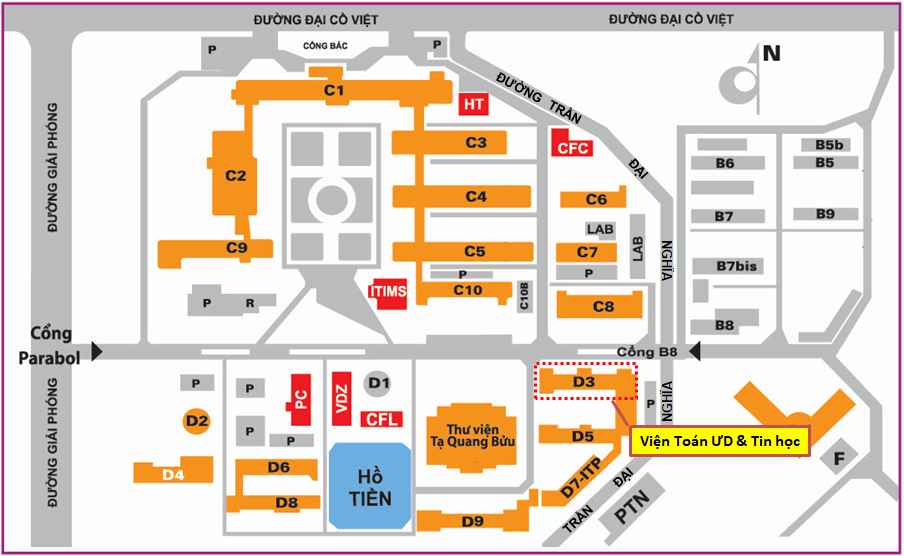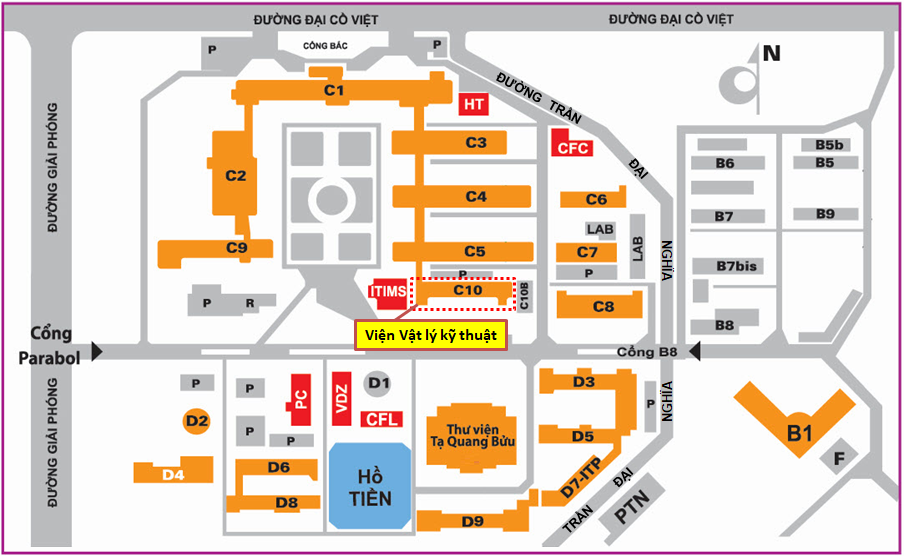Vietnam’s top engineering universities join forces to improve quality of higher education
12-05-2021

Hanoi University of Science and Technology (HUST) in January officially entered into partnership with top engineering universities across the country including Ho Chi Minh City-based National University of Technology, Da Nang University of Science and Technology, University of Transport and Communications, Hanoi University of Mining and Geology, Thuy Loi University, and Hanoi University of Civil Engineering.
“Local collaboration has been largely overlooked since most Vietnamese universities have been primarily focusing on international cooperation,” Deputy Education Minister Hoang Minh Son, who was HUST president from 2015 to 2020, said at the signing event. “I confidently expect this cross-institutional collaboration to not only benefit its member universities but also become the driving force behind the growth of engineering education and our higher education system as a whole.”

Deputy Education Minister Hoang Minh Son at the MOU Signing Ceremony at C2 Hall, Hanoi University of Science and Technology on Jan 22, 2021. Photo by CCPR.
The leaders of the 7 universities outlined the benefits to be gained from bringing together a diversity of experience in undergraduate and graduate education, capitalizing on shared resources on scientific research and technology commercialization, expanding opportunities for students and faculty through a connected innovation and entrepreneurship ecosystem, and leveraging joint efforts in digital transformation.
The leaders confirmed their missions to deliver a practical education rather than to focus on the traditional education based mainly on theory training. They also shared the same vision of an alliance of Vietnam’s top engineering and technology universities which would provide guidance for other higher-education institutions in the country on how to improve undergraduate, graduate, and postgraduate programs, create an innovation and entrepreneurship ecosystem, and drive digital transformation across an organization.

The initial focus of the coalition is building internationally accredited curriculum standards for undergraduate and graduate education. The partner universities particularly agreed on redesigning their 5-year engineering programs that would entitle graduates a nationally recognized degree equivalent to a master’s degree and allow them to either begin their career as professional engineers or pursue doctoral studies.
Associate Professor Huynh Quyet Thang, the current 13th president of HUST, put strong emphasis the enormous influence in research and education that the member universities could make far beyond their geographical footprint. The HUST president highlighted the impact of the scientific workforce coming from the collective power of the member universities on the country’s economic growth and society’s well-being.
Reporting by Thu Ha; Translating by My Hanh; and Editing by Hanh Pham
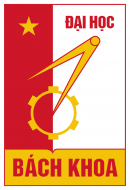
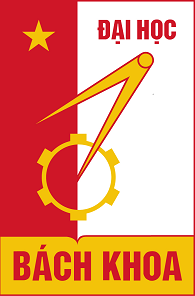
 Lê Giang
Lê Giang

